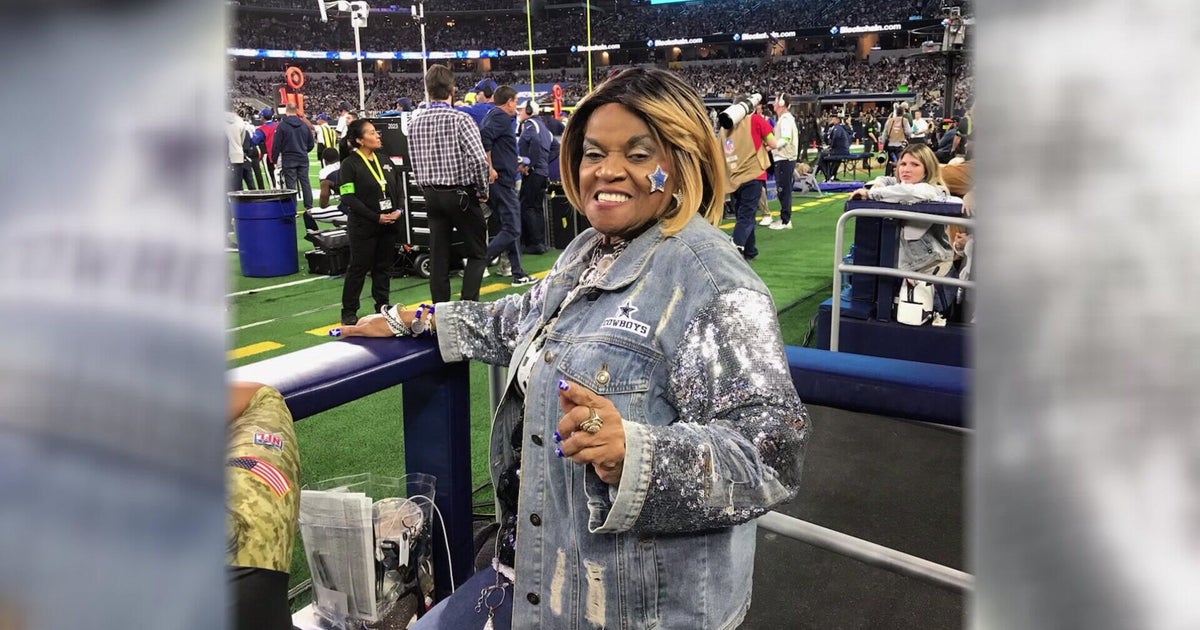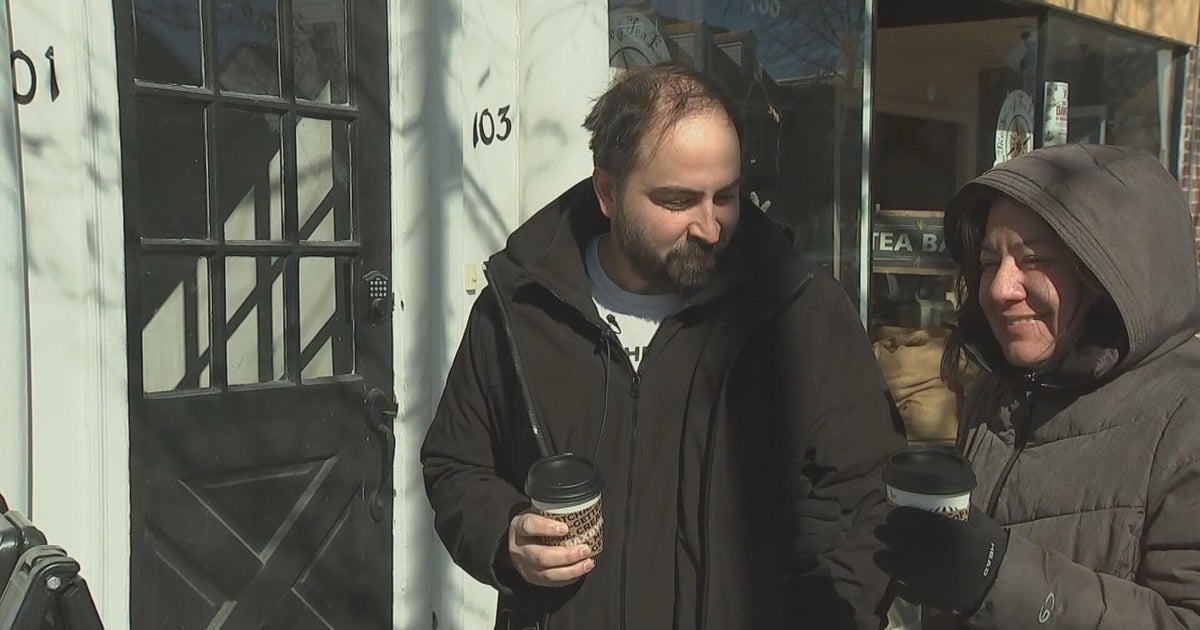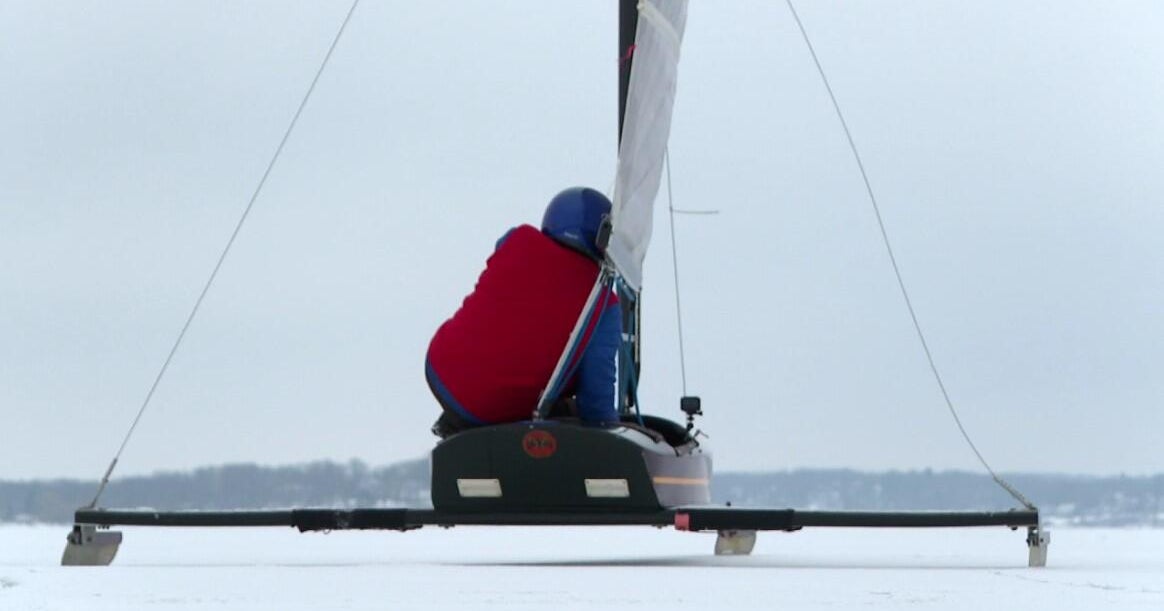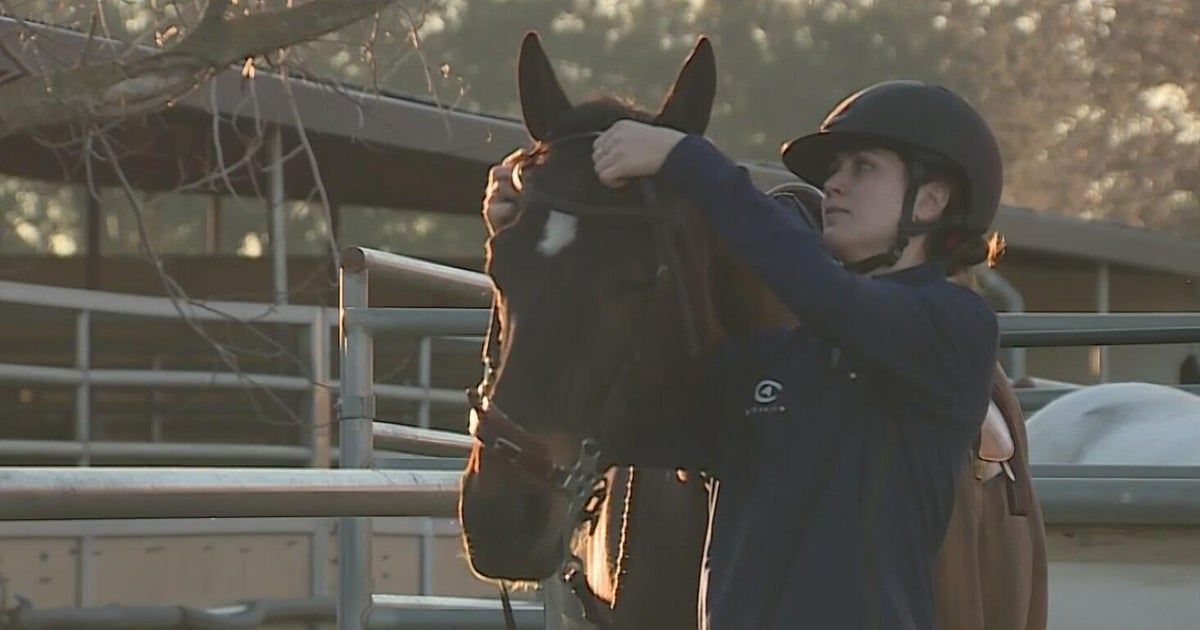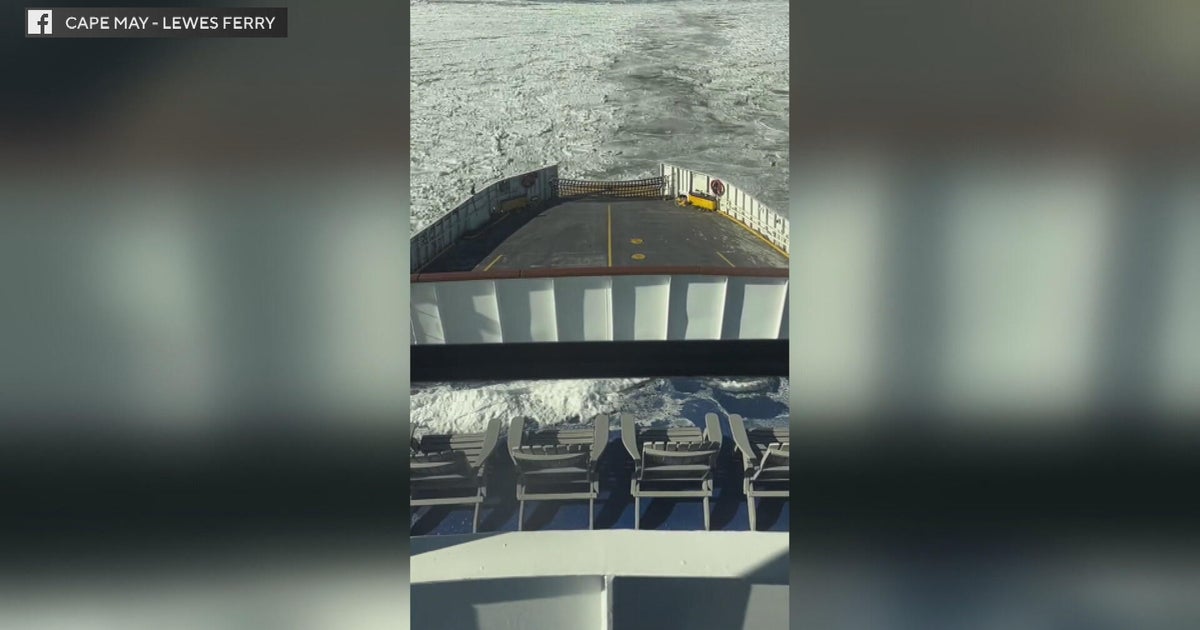Ask A Guide: Packing List For Your Campout
Camping is an awesome way to enjoy nature's magical wonders and to create wonderful memories that last a lifetime. However, being well prepared for the trip can mean the difference between good memories or bad ones. Bill Greer, outings chair for the Dallas group of the Sierra Club, has shared some of his packing list tips so that your next campout will be a successful trip.
Bill Greer
Dallas Sierra Club
P.O. Box 800365
Dallas, TX 75380
(972) 247-0446
www.dallassierraclub.org
If anyone knows about camping, it's Bill Greer. For over 30 years, Greer has been leading groups on a variety of camping trips all over the country. Although Wyoming's Wind River Mountains might be his favorite camping spot, Greer says that Texas' Big Bend National Park and Guadalupe Mountains National Park are true treasures and shouldn't be missed. He points out that the ideal times to camp in Texas are during the fall and spring, when temperatures are mild. When it comes to camping, location is everything, Greer says. He suggests that if you want to know all about the best camping spots in Texas, pick up a copy of Wendel Withrow's book, "The Best in Tent Camping: Texas."
Plan For A Comfortable Sleep
No matter where you camp, you'll need a sleeping bag, but not all sleeping bags are the same. "A sleeping bag is more like a garment than a blanket. It has to fit you", Greer says. Which sleeping bag you use depends on where you're going and what temperature it's going to be. Most sleeping bags have temperature ratings. Synthetic sleeping bags are less expensive then down but they're bulkier and heavier — however, down is useless when it's wet. You'll also want a pad underneath to provide insulation from the ground. Greer says that the more expensive ones are going to provide the most comfort and warmth, as well as being more compact. Greer advises against using cots or traditional air mattresses because they allow air to circulate underneath you, causing you to have a cold night's sleep instead of a comfortable one. Which ever bag you choose, always pack it in plastic before putting it in the stuff sack. Everything you want to stay dry needs to be in plastic. Greer likes using turkey roasting bags to line the stuff sacks before packing.
Wear The Right Clothing
Leave all cotton at home, says Greer. "When it gets a little damp, it sucks heat right out of you." That goes for socks too. Cotton socks stay damp and they're more likely to cause blisters. Instead, wear synthetic and wool. Also, be prepared for any weather, always pack a light weight rain jacket to protect from the rain, as well as the wind.
Related: Best Sporting Goods Stores In Dallas
Bring Plenty Of Nourishment
"Good food can make or break a camping trip." Greer says that you can buy expensive freeze dried foods, but for most trips, you can find what you need at the grocery store. Anything that doesn't need refrigeration works well, like dried cheese tortellini with pasta sauce, dried vegetables, nut butters and powdered milk for cereal and pancakes. There are plenty of camping cook books available if you need inspiration. Plan to bring at least an extra day's worth of food, just in case. Also, be sure to bring a water container and a purification filter or iodine tablets to purify drinking water from the campgrounds. Greer also says to remember that everything you don't eat is trash and to bring a trash bag to carry it away when you leave.
Have The Right "Roof" Over Your Head
First, Greer advises, is to pick a good spot to put up a tent. "The best tent made in the wrong place will lead to a wet, miserable night." Look for an area that's flat but will not flood if it rains and watch out for dead trees or branches overhead. Greer suggests buying a double layer tent with a rain fly that covers the entire tent. On a tent with a separate rain fly, the tent body is breathable cloth or net, any moisture will condense on the rain fly and drip on the ground outside your tent, allowing you to stay dry. In addition to the tent, Greer suggests to use some sort of ground cloth under your tent, but be sure it doesn't stick out from under the tent body. If it does, water will land on the top and run under the tent and you'll end up sleeping on a leaky waterbed.
Be Equipped For Emergencies
The following list includes some basic emergency supplies that you need to bring along.
- Map of the area
- Compass
- Storm whistle
- LED flashlight
- Extra batteries
- First aid kit
- Pocket knife
- Insect repellent
- Sun protection
Related: Best Campgrounds Around Dallas / Fort Worth
Ilene Jacobs is a freelance writer living in Dallas, Texas. Ilene enjoys writing about a variety of topics, ranging from food, fitness and travel, to kids, pets and senior care. You can find some of her work at Examiner.com.

